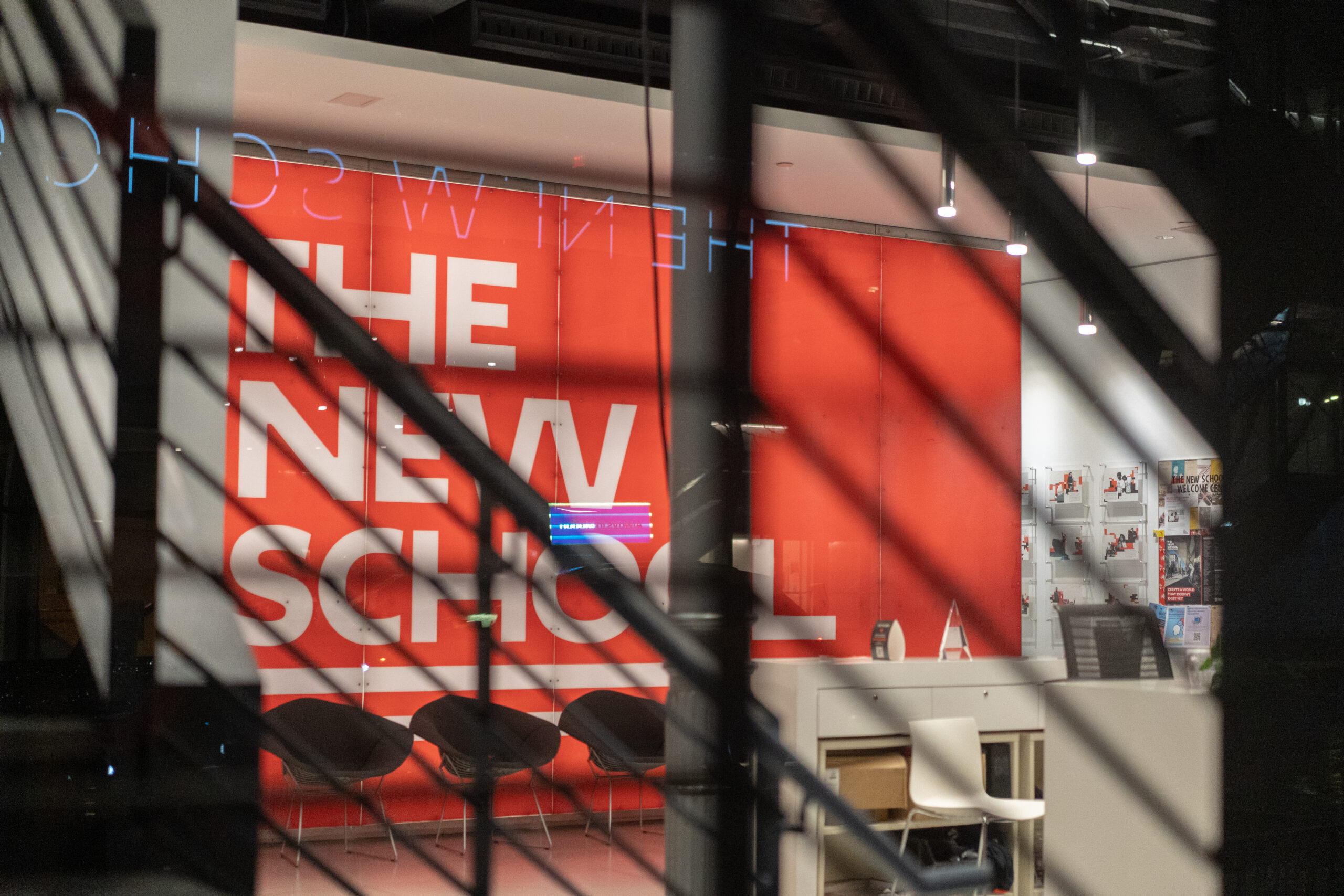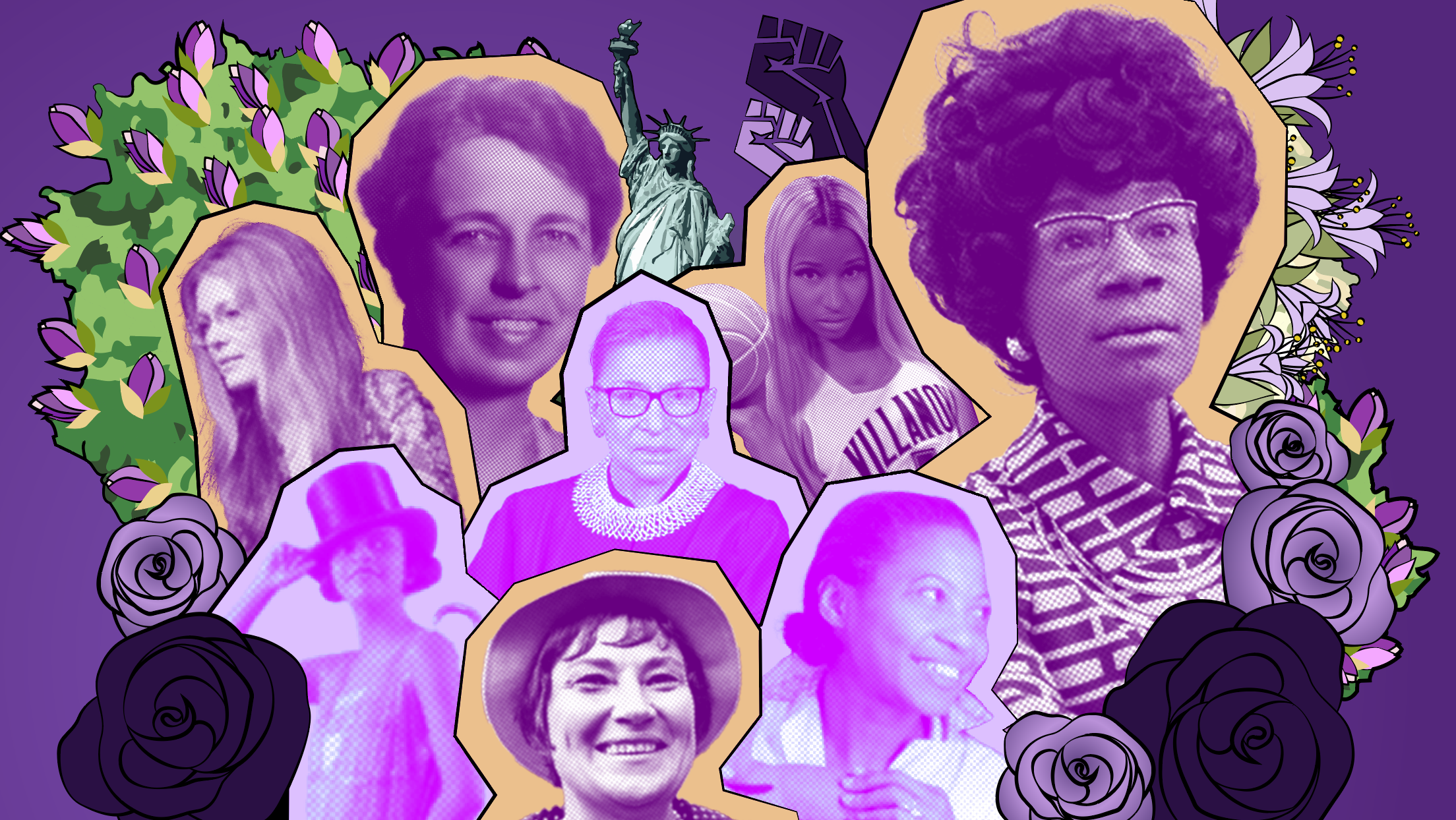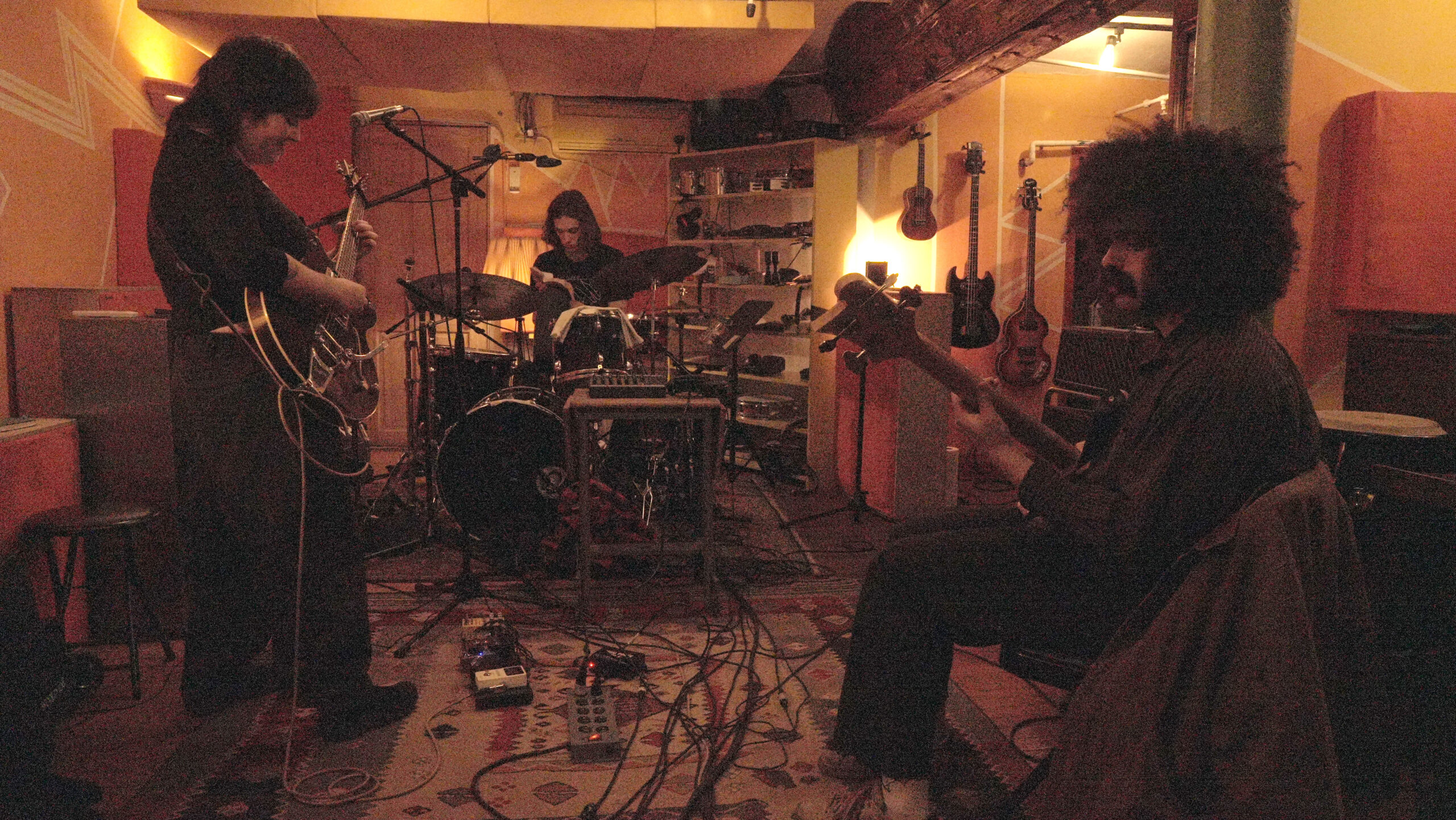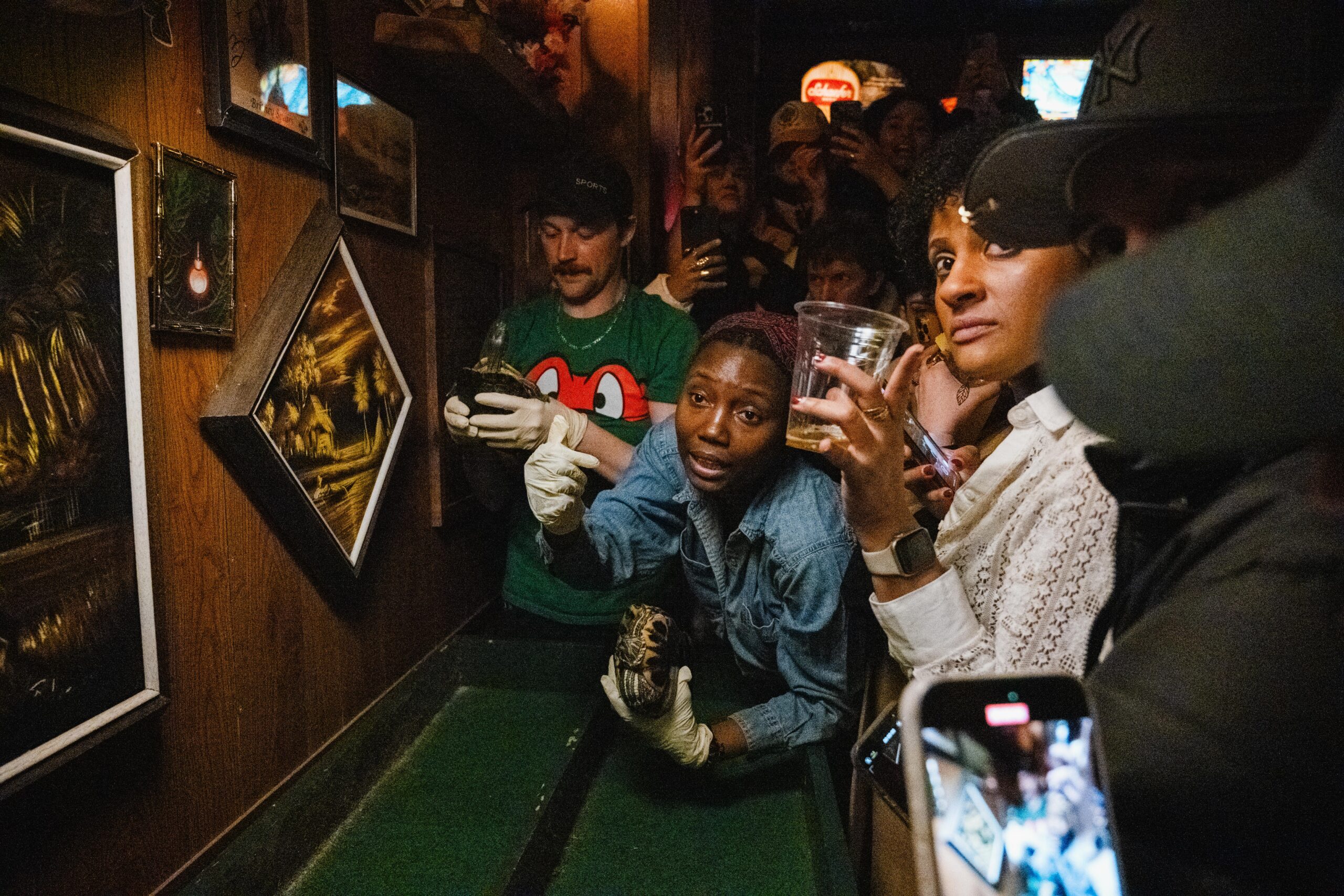This February 14 marked a hotly anticipated national holiday that had nothing to do with Hallmark, candy hearts or red roses. “Tomorrow @HouseOfCards. No spoilers, please,” tweeted President Obama the day before the show’s premiere, confirming that even the leader of the free world is hooked on Netflix. The premiere of the second season of the Netflix original series House of Cards on Valentine’s Day was truly a cultural phenomenon, with between 6 to 10 percent of the 33.1 million US Netflix subscribers tuning in to watch at least one episode the day of its premiere.
The popularity of House of Cards marks the solidification of Netflix as not only the premiere site for web streaming old episodes of Lost at four in the morning, but as a major competitor for producing original content on par with major networks like HBO. As Huffington Post television writer Maureen Ryan wrote: “A decade and a half ago, HBO kicked off the Golden Age of TV with ‘Oz’ and ‘The Sopranos,’ and you could make the case that ‘House of Cards’ is the logical next step.” Unlike HBO, however, Netflix releases series in entire season blocks, not only acknowledging its viewers’ tendency towards binge watching, but actively encouraging viewers to consume entire seasons in one or two sittings. According to the Wall Street Journal, “About half [of Netflix] viewers studied finished a season (up to 22 episodes) within one week.” It is this basic principle that has accounted, in large part, for Netflix’s success. It is a one-stop shop for thousands of different TV shows, available from start to finish in the click of a button. Netflix has even introduced an experimental piece of technology called “FitBit” that recognizes when the viewer has fallen asleep, so that even if you fall into a Netflix coma the program will pause and bookmark the show. This is only the latest targeting technology, as Netflix already features an auto-save when a program is paused, specialty genres generated for the subscriber based on personal viewing preferences, and suggested viewing at the completion of each film or episode.
Whereas watching too much TV once signified laziness or overindulgence, the emergence of “quality television” has allowed binge watching to transform into something more culturally acceptable, on par with watching a good film. Respected publications like the New York Times and the Wall Street Journal frequently feature pieces on television series, and Professor Felice Shapiro of Tufts University recently wrote a piece for the Huffington Post titled “Confessions of a Netflix Addict.” In fact, being ignorant to these hugely popular shows puts people at a social disadvantage. Like reading the critic’s picks, or seeing the most recent exhibit at the Met, television has become a cultural touchstone, and those who have not kept up are left behind. With cult shows like Breaking Bad, House of Cards, and Homeland, there is more stigma attached to ignorance than to an encyclopedic knowledge of the show’s characters and plot twists.
But what Netflix has tapped into is something far more visceral than an appreciation of the art of quality television. It is the power of television to suck its viewers in, to draw people out of the lives they know and the bodies they inhabit, and into a word of constructed plot lines, where the drama is expertly timed and manufactured, and they are given just enough to keep wanting more. In the end, watching House of Cards or The Sopranos is no different that binge watching The Real Housewives. There is an adrenaline rush, and an excitement that is felt as favorite characters, or despised villains fulfill their scripted destinies and deliver their biting one-liners. There is a sense of satisfaction at the completion of the episode or season—but only for a moment, as the viewer is left hungry for more. The outcome may be nothing more terrible than a further removal from reality. In the same way that people live through devices and social media, people live through their favorite TV shows, or at least see them as a way to check out. Netflix knows this, and caters to it, and as a result is making millions.
Ellen is a senior at Lang majoring in Fiction. She is passionate about yoga and is currently completing a teacher training at Laughing Lotus Yoga Center in Flatiron. After graduation she plans to teach yoga in Los Angeles. She is passionate about yoga, veg/ vegan cooking, being outside, and her pug Eloise.








Leave a Reply